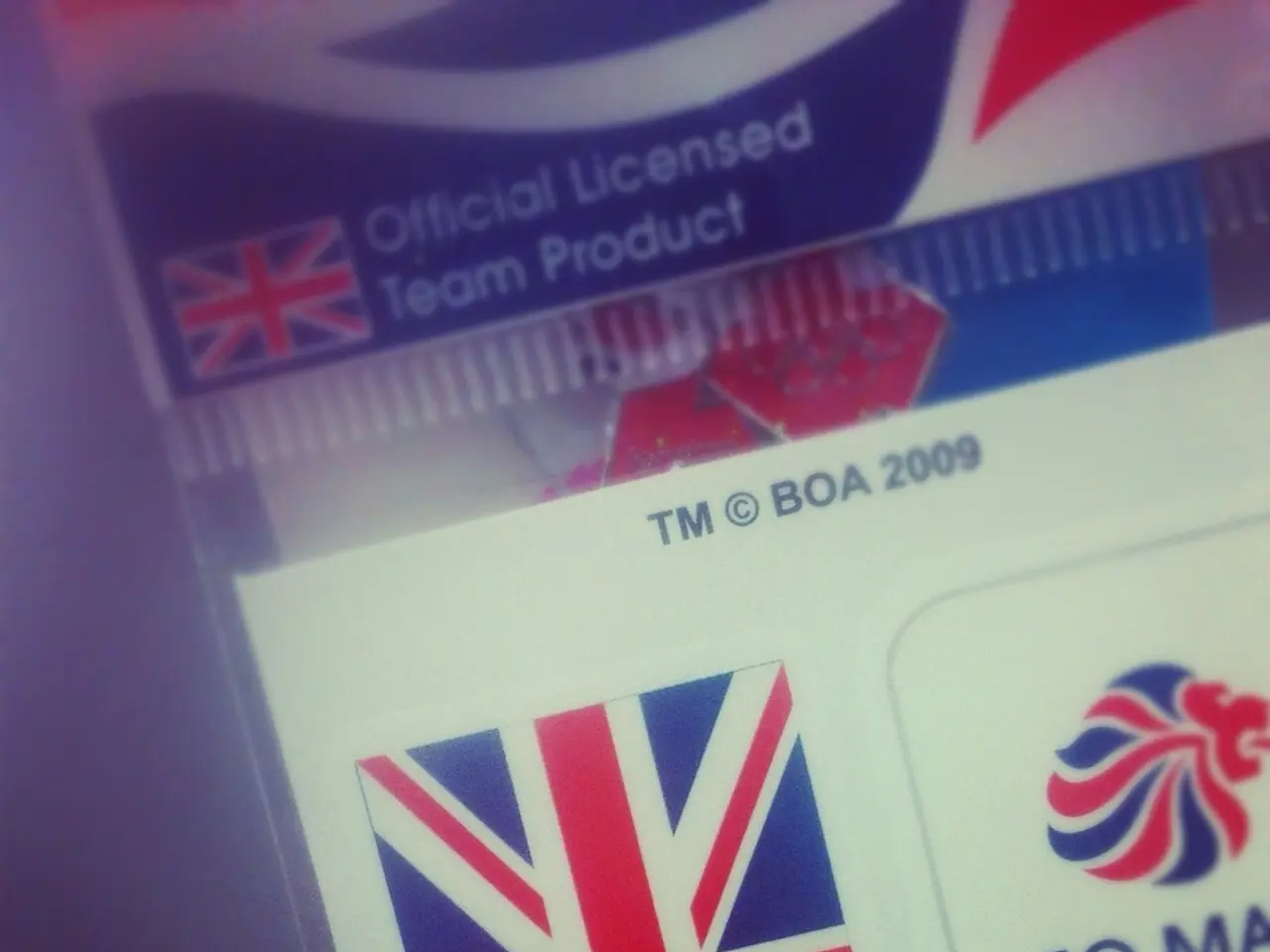United Kingdom and India set to finalize Free Trade Agreement in the upcoming week
The India-UK Free Trade Agreement (FTA) was finalized on May 6, 2025, following three years of negotiations. The agreement is set to significantly increase bilateral trade, with projected annual trade increases of £25.5 billion between the two countries.
The next significant milestone is the official signing of the FTA, which is expected to take place during UK Prime Minister Keir Starmer's visit to India in July 2025. This visit marks Starmer’s first official trip to India as Prime Minister and carries substantial diplomatic and economic significance.
After signing, the FTA will need to be ratified by both countries' legislative bodies before it becomes operational. As of early July 2025, the UK Parliament had until July 3, 2025, to pass a resolution opposing the deal; no such opposition occurred, clearing the path for the UK’s ratification process.
The operationalization timeline beyond signing and parliamentary ratification has not been explicitly detailed, but typically, such agreements come into force months later after completing ratification formalities.
The FTA is set to be a cornerstone of India-UK economic cooperation under the 2030 Roadmap framework. Key aspects of the agreement include:
1. Removing taxes on the export of labor-intensive products like leather, footwear, and clothing from India. 2. Doubling bilateral trade to $120 billion by 2030. 3. Liberalising some agricultural imports from the UK. 4. Granting the UK access to government procurement. 5. Providing national treatment in select services including telecom, construction, and environment for both sides.
The FTA will also ease mobility for professionals and independent professionals like yoga instructors, musicians, and chefs. It will further reduce tariffs on goods, making imports of whisky and cars from the UK cheaper. After 10 years, tariffs on whiskey and gin will further decrease to 40%.
The Double Contribution Contributions Convention (DCC) prevents the fragmentation of social security records for employees temporarily working in the other country for up to 3 years. The DCC also ensures that employees moving between the UK and India and their employers will only be liable to pay social security contributions in one country at a time.
In the financial sector, India has agreed to commit to a 74% Foreign Direct Investment (FDI) limit for companies from the UK in banking and insurance. The FTA and the DCC have been agreed upon, further strengthening economic ties between the two countries.
The India-UK FTA is a significant step towards deepening economic cooperation between the two nations and is expected to bring numerous benefits to both countries in the coming years.
- As the India-UK Free Trade Agreement (FTA) awaits its official signing, discussions in the financial sector have highlighted India's commitment to a 74% Foreign Direct Investment (FDI) limit for UK companies in banking and insurance.
- In the realm of technology and education-and-self-development, the FTA will ease mobility for professionals, including yoga instructors, musicians, and chefs, and further reduce tariffs on goods like whisky and cars from the UK.
- On the global stage, the FTA is expected to contribute significantly to the economy of both countries, with the potential of doubling bilateral trade to $120 billion by 2030.
- Defi, market, and investment sectors are likely to witness transformation as the FTA is set to provide national treatment in select services like telecom, construction, and environment for both India and the UK, fostering mutual growth and collaboration.




